
Paying attention to some unique and outstanding mechanisms and policies to make breakthroughs in education and training development, delegate Duong Minh Anh (Hanoi Delegation) commented on Article 3, Cooperation in developing educational programs.
Accordingly, Clause 1 stipulates: In addition to the Ministry of Education and Training deciding on a set of unified general education textbooks nationwide and providing free textbooks for students to complete by 2030, to ensure resources while the budget is still limited, delegates suggested that the Government research the subjects eligible for free textbooks, the form of free textbooks through borrowing through school libraries instead of providing free textbooks to students every year and then throwing them away, and continuing to provide a new set of textbooks the following year would be very wasteful.
At the same time, delegate Duong Minh Anh proposed that the Government assign the Ministry of Education and Training to research the compilation of electronic textbooks like many countries with advanced education in the world and the implementation roadmap will be in 2030. If this is done, we will gain many benefits.

Meanwhile, delegate Hoang Van Cuong (Hanoi Delegation) expressed concern about the idea of assigning the Ministry of Education and Training to organize the writing and provision of a unified set of textbooks for the whole country.
He believes that if the Ministry is both the management agency and the organization that writes books to be taught, the books can easily become "classics", causing everyone to cling to them, thereby eliminating new and creative thinking - something that the education system is in dire need of.
According to the delegate, the Ministry of Education and Training can organize the provision of a set of books as a unified means of learning, creating conditions for all students to have access, including through shared bookshelves, but should not write and impose a single set of books that are "standard" for the whole country.
As a teacher, delegate Hoang Van Cuong expressed his joy that the resolution concretizing Resolution 71 on education and training has put the education sector in the right position, "deciding the present future of the country". However, the delegate emphasized that the National Assembly's resolution must create truly breakthrough mechanisms, synchronous from policies to laws and specific policies.
Accordingly, regarding the breakthrough in recruitment and treatment, delegates highly appreciated the policy of assigning the Department of Education and Training to directly organize recruitment and manage the teaching staff, instead of the internal affairs agency as before. Because the Department of Education and Training is the agency that best understands the needs of each school and each subject, assigning the general recruitment authority to the Department is "a huge breakthrough".
.jpg)
The new mechanism allows for centralized recruitment, creating a common quality level for the teaching staff among schools and localities, and at the same time helps to overcome the situation of surplus in some places and shortage in others but not being able to mobilize. Teacher candidates also no longer have to "run back and forth" to submit their applications, wasting time and effort; instead, a common recruitment focal point will allocate and mobilize them reasonably.
"If implemented well, this mechanism can ensure enough teachers, eliminating the situation of surplus and shortage as has been the case for a long time," affirmed delegate Hoang Van Cuong.
Highly agreeing with the goals and innovative spirit of the Draft Resolution on a number of unique and outstanding mechanisms and policies to make breakthroughs in education and training development, delegate Ma Thi Thuy (Tuyen Quang Provincial Delegation) also said that the policy of free textbooks for students is a step forward demonstrating the humanistic and socialist nature of our country's education.
However, according to the draft, “affordable” localities will be able to implement free textbooks 4 years earlier than the remaining localities. Meanwhile, in reality, “affordable” provinces are mainly large cities and economic centers - where people’s living standards are relatively high; while disadvantaged localities - mountainous areas, islands, and ethnic minority areas - will have to wait until 2030 to benefit from this policy. That invisibly creates a social paradox: The places where students need the most support are the last to benefit.
Meanwhile, the Constitution and the 2019 Law on Education both affirm the principle: "Citizens have equal rights in education, regardless of economic circumstances, social status, or region."
From that analysis, delegates recommended that the drafting agency consider adjusting in the direction of: Maintaining the goal of free textbooks nationwide by 2030, but prioritizing early implementation in particularly difficult areas, mountainous areas, islands, and ethnic minority areas - where people really need the most support. At the same time, pilot the model of "shared textbook libraries" in general schools from 2026, especially in rural and mountainous areas, so that students can borrow and reuse books for free while waiting for synchronous implementation.
Source: https://hanoimoi.vn/dai-bieu-quoc-hoi-de-nghi-nghien-cuu-bien-soan-bo-sach-giao-khoa-dien-tu-723602.html





![[Photo] General Secretary To Lam and National Assembly Chairman Tran Thanh Man attend the 80th Anniversary of the Traditional Day of the Vietnamese Inspection Sector](https://vphoto.vietnam.vn/thumb/1200x675/vietnam/resource/IMAGE/2025/11/17/1763356362984_a2-bnd-7940-3561-jpg.webp)


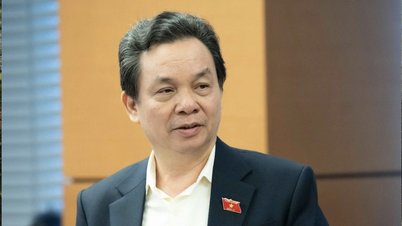

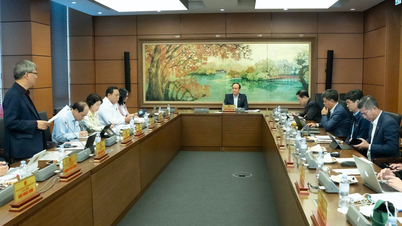

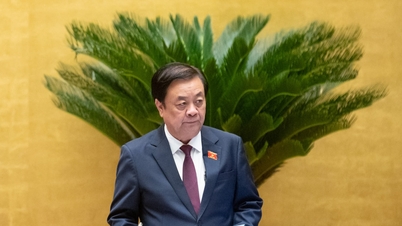








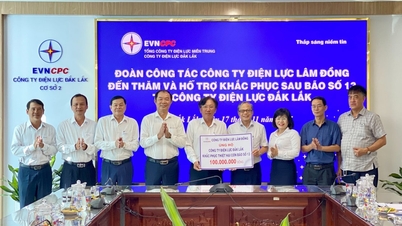
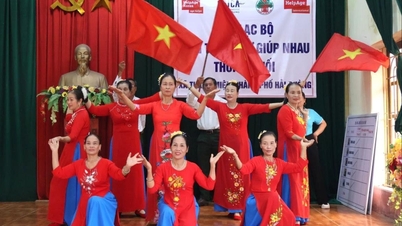
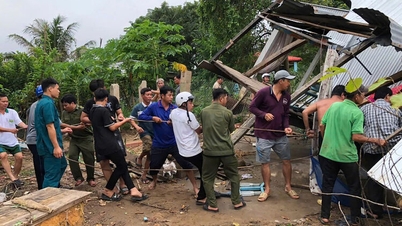

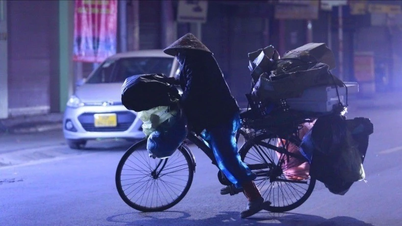

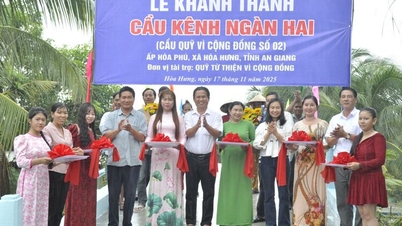






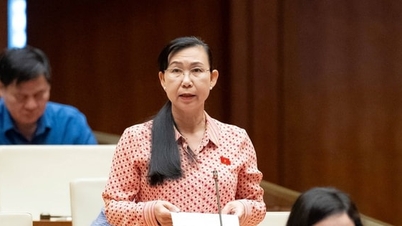

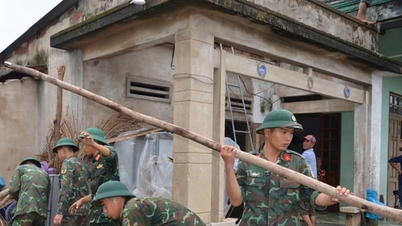





















































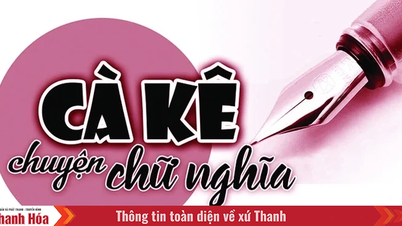

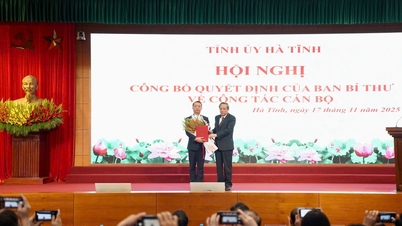

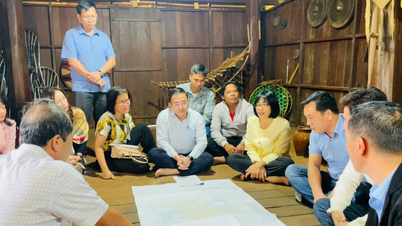












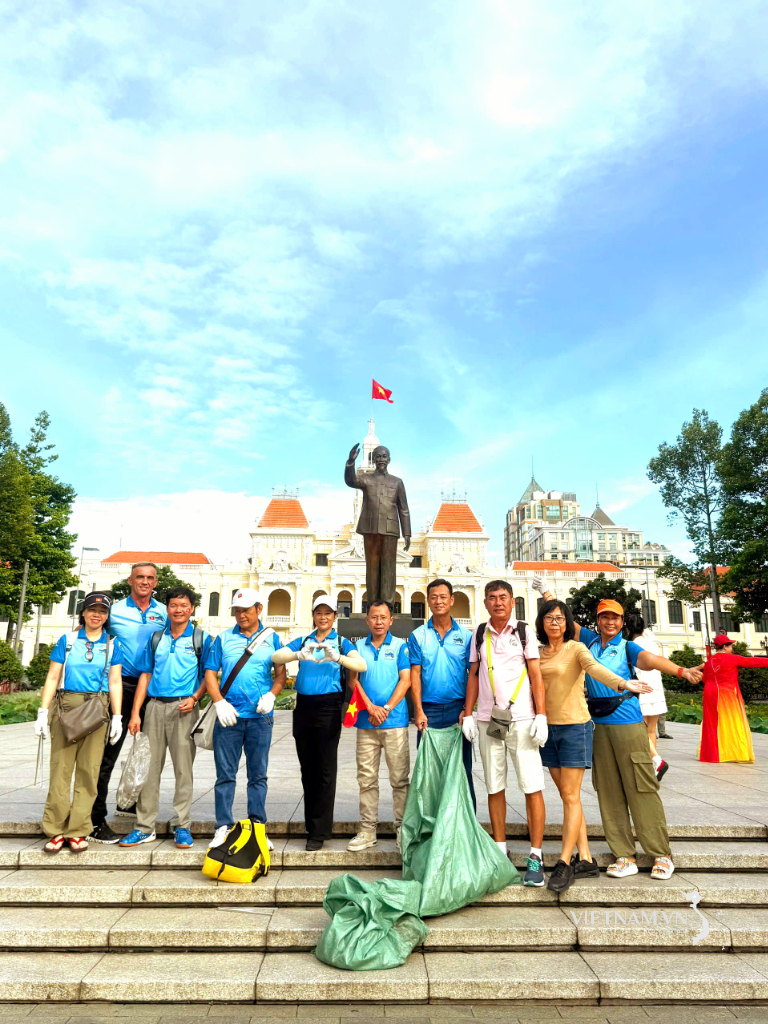



Comment (0)